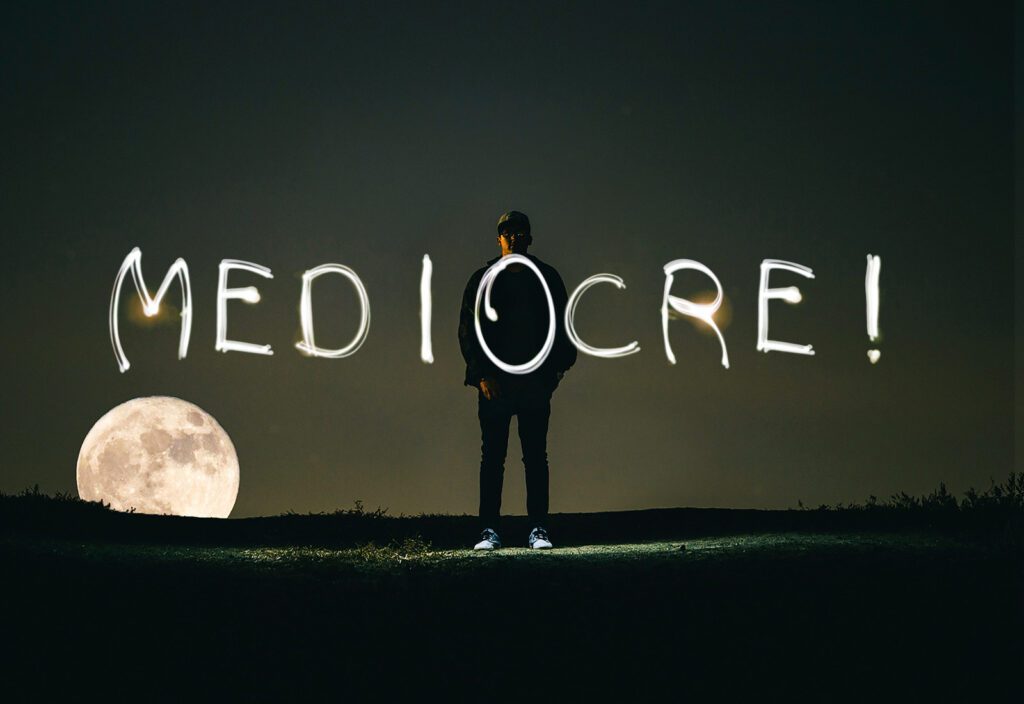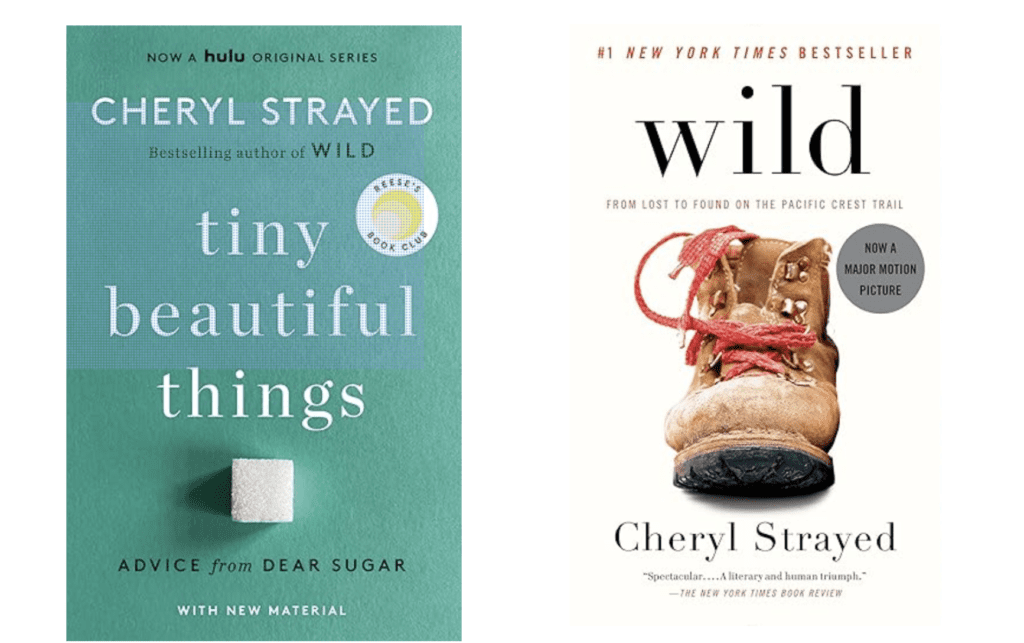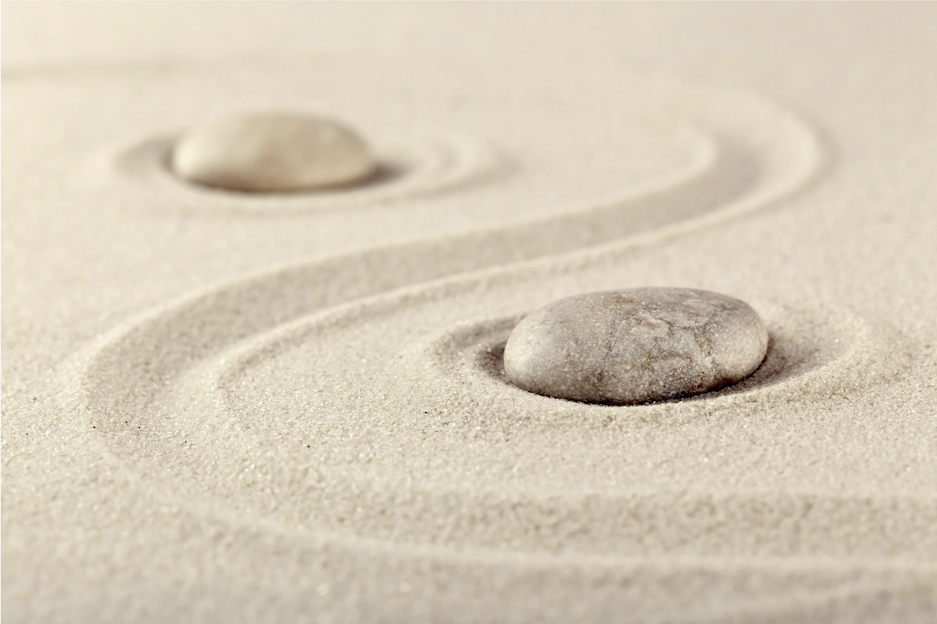
Does the idea of being mediocre stop you from trying to do the creative thing you’ve always wanted to do?
If so, join the club. The fear of never-being-good-enough can become our bullet-proof reason to not experiment and explore a new area where we’re not going to start out being great. We forget that our explorations are worthy in and of themselves—no matter what we produce—especially when they bring us joy.
It took me a long time to learn this. (And I chronicle some of what it took in my about-to-be-released book Meeting the Muse After Midlife.)
As it does for many, my fear of not meeting my own and others’ high standards for what I was creating began when I was very young. I learned to divide activities into those where I was pretty good and could hope for success—my studies— and those where I was mediocre and thought I was not going anywhere—art. At least that’s what I told myself when I abandoned art in third grade.
In some areas of my life, being mediocre doesn’t matter—I don’t have to be good in all things. I’m fine that I’m barely adequate at:
- Baking
- Housecleaning
- Weeding
I like to cook, but usually “good enough” has to be, well, good enough, because there’s so much else I want to do.
But in the creative areas that mean a lot to me—writing, art, or music—the threat of being mediocre strikes a different chord. It makes “going public” and accepting that I won’t meet my own standards a lot more risky.
Learning from a “Wild” woman

Turns out, none other than Cheryl Strayed, author of Wild: From Lost to Found on the Pacific Coast Trail, and Tiny Beautiful Things: Advice from Dear Sugar, had to fight the threat of mediocrity to the floor in order to write her brilliant books.
She has offered these thoughts (rearranged a bit with my commentary) including some from a conversation with Oprah in 2019:
“You have to surrender to your mediocrity, and just write. Because it’s hard, really hard, to write even a crappy book. But it’s better to write a book that kind of sucks rather than no book at all, as you wait around to magically become Faulkner. No one is going to write your book for you and you can’t write anybody’s book but your own.”
Better to write a book that sucks than no book at all.
“That truth that rose up at my humblest, lowest moment was basically that I had to write a book. And that was it. It was, ‘Forget the greatness, forget if anyone would even read it.’ I had to write a book. And I had to surrender to the idea of my own mediocrity. I had to really just go, ‘Hello mediocre person who is just sitting alone in a cottage writing a book, nice to know you. I’ve spent 33 years in your company and we’re going to now get to work.’”
Surrender to the idea of my mediocrity..
“So I decided to write the only book I could possibly write, and whether that was a good book or a bad book it’s about saying, ‘I’m no longer going to say I’m something and be another.’ Right? It’s also saying, ‘What are those goals I set way too high to reach?’ Those goals don’t serve you. Make your goals down here so you can grab them when you need them.”
“You have to ask yourself not who you aspire to be, but to reckon with who you actually turn out to be, who you actually are. And what humility taught me, is that I couldn’t any longer adhere to the narratives that had gotten me this far. I had to relinquish all of those anthems of greatness and dreaming big and aiming high. All of those beautiful, powerful, important things that had really gotten me there. They weren’t serving me anymore, and so I had to come up with something that would.”
Relinquish the anthems of greatness, for the privilege of getting out there and creating.
“Part of being evolved is having the capacity to hold two opposing truths in one hand and recognizing the truth of each and understanding how they serve each other. When you surrender to your own mediocrity, what you’re doing is humbly acknowledging that the very, very best thing that you have to give us is only what YOU have to offer. It’s what you already have, it’s what you already hold.
It’s about learning how to put it out into the world in a way that you absolutely are the most original master of that endeavor. It’s about not paying attention to anyone else’s script of success or goodness, it’s about singing with your own voice.
And the word for that is greatness.”

Embrace the power of paradox
The path beyond mediocrity requires the courage to accept our mediocrity.
Strayed’s not telling us to abandon our interest in craft or technique, our desire to improve, or the discipline it can take to work at a creation over days, months, and years. Yet before we can proceed on that journey, we have to go deep within ourselves and address the demons that would have us fear our results before we’ve even lifted our pens.
One solution is to always keep a toehold in play—and be able to delight in discovery.
If our results today aren’t what we like, well, did we find joy? Because that joy is going to keep us creating tomorrow and as we do, our skills will probably improve and our art become more pleasing, if only to us.
I think surrendering to mediocrity is a deliciously defiant response to the Gods—our chance to assert:
“I’ll never be perfect, but while I’m here, I claim my right to be an ever-evolving, ever-exploring creative human being.”









